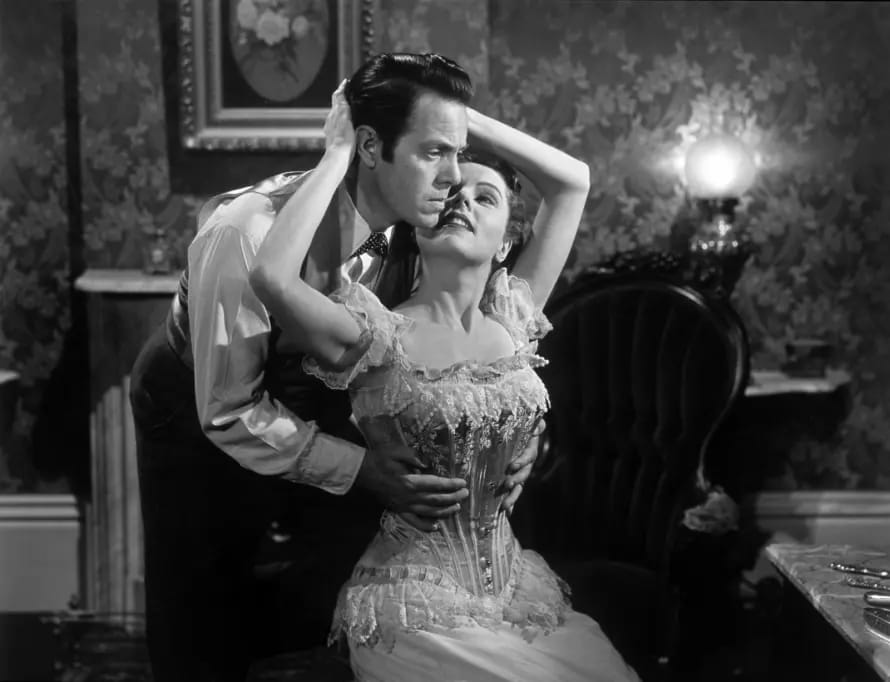Fritz on Fridays: House by the River
It’s one of those films so pleasant to look at that it makes you regret the flatly lit junk made today for streaming services.

On the first Friday of every month, this column by critic Joshua Polanski will feature a short review or essay on a film directed by Fritz Lang (1890-1976), the great Austrian “Master of Darkness.” Occasionally (but not too occasionally), Fritz on Fridays will also feature interviews and conversations with relevant critics, scholars and filmmakers about Lang’s influence and filmography.
Another Friday, another film about murderous affairs by director Fritz Lang … except I’m not sure adultery is the best descriptor for what happens at the beginning of House By The River; the way Stephen Byrne (Louis Hayward), a married author, forces himself onto his much younger maid, Emily (Dorothy Patrick), is much closer to attempted rape than consensual adultery. He fears the neighbor will hear the woman scream and strangles her in an effort to silence her frightened yelling. His force accidentally kills her. Stephen solicits and eventually coerces his morally modern older brother, John (Lee Bowman), to help him out of the criminal pickle. He then leeches off of his own murder to feed his guiltless writing ambitions — an interesting choice for a director accused of an extremely similar homicide.
House By The River has the look of a film that the name Lang conjures in the minds of the common cinephile — power-aware camera angles, ornate and high-class production design, people-oriented cinematography with a strong preference for the two-shot and, of course, chiaroscuro lighting. By 1950, Lang seems to have figured his way around Hollywood well enough to give anything his special “touch.” It’s one of those films so pleasant to look at that it makes you regret the flatly lit junk made today for streaming services.
Continue reading at the Midwest Film Journal.